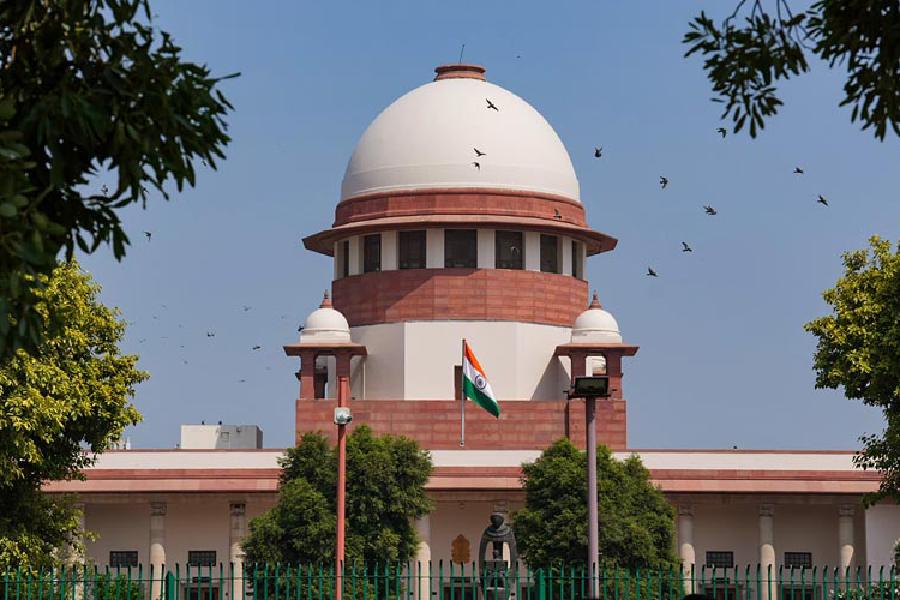To err is human — the adage applies even to the country’s top court, which on Monday not only admitted its mistake but also rectified it by quashing the premature release of the 11 convicts in the Bilkis Bano gang-rape-and-murder case.
The premature release of the convicts in August 2022 had its genesis in an earlier Supreme Court order passed by a two-judge bench of Justices Ajay Rastogi (since retired) and Vikram Nath on May 13, 2022, directing the Gujarat government to consider the release of one of the convicts, Radheshyam Bhagwandas Shah. It eventually resulted in the release of the 11 convicts in August 2022 through an order passed by the Gujarat government.
The earlier bench had asked the Gujarat government to consider the release despite several apex court judgments, including a five-judge bench ruling in the V. Sriharan Vs UoI (Rajiv Gandhi case), wherein it was stated that remission plea could be considered only by the state where the trial was held and the convicts sentenced. In this case, the convicts were tried and sentenced to life terms by a special CBI court in Maharashtra. Hence, the Maharashtra government alone was vested with the power to consider the convicts’ plea for release.
On Monday, another two-judge bench of Justices B.V. Nagarathna and Ujjal Bhuyan set right the wrong committed by the apex court and, in the process, minced no words in terming as “strange” the earlier bench’s direction while noting that Shah had played “fraud” on it.
The bench noted that the Gujarat government in the earlier petition filed by Shah before the apex court “had correctly submitted before this court that the appropriate Government in the instant case was State of Maharashtra and not the State of Gujarat”, and the said contention was correct in terms of clause (b) of sub-section (7) of Section 432 of the CrPC.
“However, the said contention was rejected by this Court contrary to several judgments of this Court including that of the Constitution Bench in V. Sriharan… This Court directed the State of Gujarat to consider the application of the petitioner therein for premature release in terms of its policy dated 09.07.1992 which was applicable on the date of conviction,” Justice Nagarathna said.
He added: “…Strangely, this Court held that the aforesaid submission on behalf of the State of Gujarat was not sustainable as the crime had been committed in the State of Gujarat and ‘ordinarily, the trial was to be concluded in the same State and in terms of Section 432 (7) of the Code of Criminal Procedure, the appropriate Government in the ordinary course would be the State of Gujarat…”
The bench lamented that contrary to Section 432 (7) and the judgments of the Constitution bench and other benches of the apex court, the earlier bench had directed the Gujarat government to consider the request for premature release of the convicts in terms of the earlier Gujarat government policy of July 9, 1992.
“It was not brought to the notice of this Court by any party that the said policy had been cancelled and had been substituted by another policy in the year 2014. What was the effect of cancellation of the policy dated 09.07.1992 was not brought to the notice of this Court either by the writ petitioner or by the State of Gujarat,” the bench said.
It noted that on January 23, 2014, the Gujarat government amended the remission policy under which the prisoners who are convicted of murder of two or more persons or murder with gangrape would not be entitled to the benefit of premature release.










